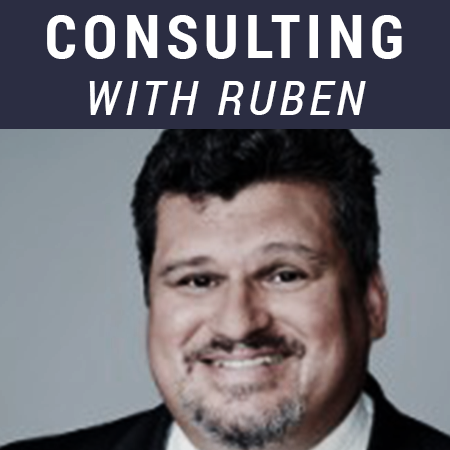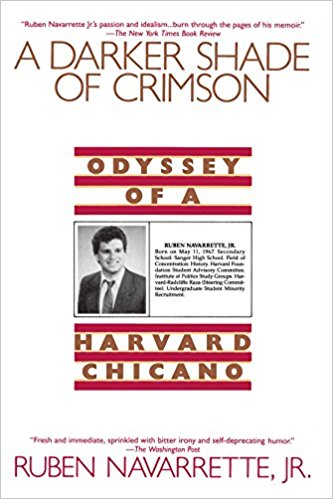SAN DIEGO – After the tragic school shooting in Parkland, Fla., Americans are eager to talk about guns.
Half the country seems to be saying that firearms deserve all the blame for tragedies like these, while the other half is trying to exonerate guns completely. Both arguments are wrong.
Not that Americans shouldn’t talk about guns – and gun control. We should. Now that 19-year-old Nikolas Cruz has been charged with killing 17 people at Marjory Stoneman Douglas High School, this is a good time to do it.
We need to keep high-powered rifles out of the hands of the troubled, alienated and mentally ill by requiring those who buy them to take a psychological test. We also must limit the number of guns bought by one person in a given year; ban the AR-15, which isn’t really intended for hunting unless you’re hunting humans; raise the legal age to buy a gun to 21; and strengthen background checks, as President Trump reportedly wants to do.
We also need to be more aggressive in monitoring gun sales to individuals who fit the profile. When the FBI pursues mass murderers and serial killers, agents often use a profile that suggests the suspects are white males. So, just like they have done with Muslim Americans in terrorism cases, the FBI should keep a registry of white males who stockpile high-powered weapons and subject them to extra scrutiny.
Americans do need to talk about guns. Yet, while we’re distracted by that conversation, here’s a list of other really important things we’re still not talking about:
- Whether America’s youth have gradually become desensitized to violence by blockbuster movies;
- Why our country is so bad at detecting individuals with mental health issues and getting them the help they need;
- Why some parents do a bad job of keeping tabs on their child’s behavior or keeping them away from dangerous things;
- Whether violent video games (especially first-person simulated shooter games) trivialize and encourage violence;
- Whether we should regulate content on the so-called dark web, especially if it advocates or teaches violence;
- How to make our schools safer without making them more like prisons, which could teach children to act like criminals;
- Whether we need metal detectors and/or armed guards on all school grounds, or whether that would make things worse;
- Whether these shooters are targeting schools because their own experience as students was often so negative;
- How to police social media to keep the public safe without giving government and law enforcement too much power;
- Why tech companies don’t seem at all interested in reporting those consumers of social media who might be dangerous;
- Whether being surrounded by technology makes young people feel lonely, depressed, alienated and maybe even violent;
- How gun enthusiasts are so hung up on their “rights” that they often neglect the responsibilities that come with them;
- Why there are so many more school shootings in the United States compared with other countries;
- Whether some of these massacres were “copycat” reactions to earlier attacks by people seeking their share of infamy;
- Whether powerful prescription drugs might fuel these attacks because doctors, in cahoots with Big Pharma, overprescribe them;
- Whether a fascination with guns is its own kind of psychosis, which distorts reality and trivializes lethalness;
- Why so many of these mass shootings are committed by white males with troubled backgrounds;
- How the red flags might have been brighter if, instead of a white male, the culprit were a Mexican, Muslim or MS-13’er;
- How it is that the FBI bungled its investigation of Cruz, who was practically begging to be arrested;
- How it is that, more than a year ago, a social worker from the Florida Department of Children and Families declared Cruz to be no threat;
- How a teenager with lots of behavioral problems could so easily buy an AR-15 military-style rifle and ammunition;
- Whether any number of these tragedies can break the vice grip that the National Rifle Association has on Congress;
- And how we need to stop reflexively saying “something has to be done” and actually do something.
But what can we do? Looking over that list, there is a lot that needs to be done – by many people and on multiple fronts. You can also see why Americans focus on guns. Some of the other issues are too difficult, too sensitive or too close to home.
And that is all the more reason to take them on.





